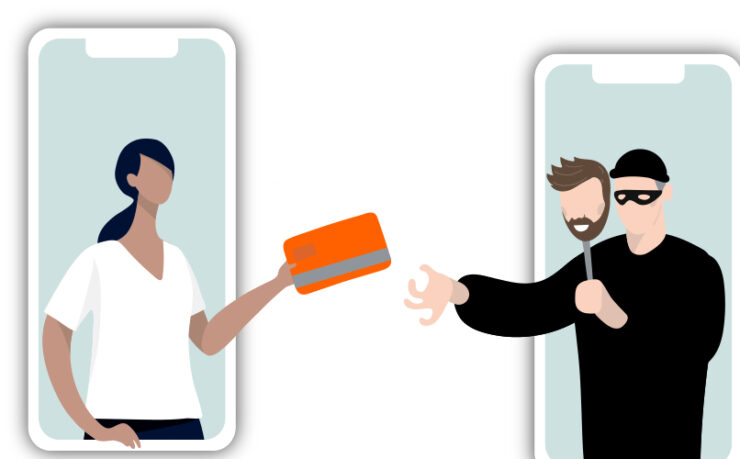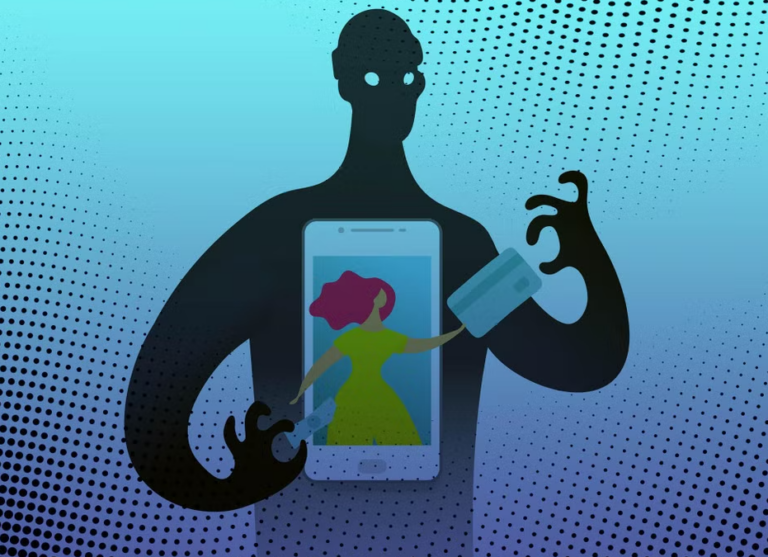Online dating scams are becoming more and more prevalent as con artists take advantage of people looking for love. Victims are being scammed out of their money by promises of companionship and romance, but instead, they only receive heartache and financial loss. It is important to be aware of the most common scams and to protect yourself from becoming a victim.
What are the most common online dating scams?

Online dating scams come in many different forms, but the most common ones are those that promise companionship or romance and then ask for money. Victims are often scammed out of large sums of money and can suffer significant financial loss as a result.
Of course, there is also catfishing, click here to learn more, which are people who create fake online profiles in order to lure people into relationships with them. They may promise love and companionship but eventually ask for money or other financial assistance. Be aware of these scams, and do not send money to anyone you do not know and trust.
Romantic scams are designed to make the victim believe their online romance has taken a real, physical turn. Some of the most common reasons they’ll provide when they ask for money include: Payment for travel expenses (alleging they want to come see you in person) Payment for medical bills or other emergency expenses.
How do you protect yourself from becoming a victim of a scammer?

Protecting yourself from online dating scams is not difficult, but it does require a bit of caution and common sense. Here are some tips to help you stay safe:
- Be cautious when meeting someone for the first time. Do not agree to meet them in a private location, and always tell someone where you are going and who you are meeting.
- Do your research. Check the person’s profile carefully, and look for inconsistencies or red flags. If something seems off, it probably is.
- Don’t send money to anyone you don’t know and trust. This is a key rule of online dating safety and one that many people unfortunately forget. Many online scammers will send you messages that seem too good to be true, such as offers of money or expensive dates.
- Use reputable dating sites. There are many reputable dating sites out there, and it is worth taking the time to find one that is right for you. These sites have measures in place to protect their users from scammers, so you can be confident that you are safe while using them. Online dating profiles can be misleading, so use caution when meeting someone in person.
- Stay alert and skeptical. If something seems too good to be true, it probably is. Be skeptical of anyone who makes extravagant promises, and remember that you should never send money or personal information to someone you don’t know and trust.
What are the consequences of being scammed in this way?
The consequences of being scammed in this way can be significant. Victims can lose a lot of money and may also suffer emotional trauma as a result of the relationship. Some people may even find themselves in financial difficulty as a result of being scammed. It is important to be aware of the dangers of online dating scams and to take steps to protect yourself from becoming a victim.
What is kittenfishing?
Have you ever been catfished? If so, you may have noticed it’s not just about pretending to be someone else online. In fact, that person may have even “changed” their life details or appearances in order to appear more attractive on dating apps. That’s what kittenfishing is, and it’s catfishin’s younger sister. Basically, it involves tweaking small details about your appearance or your life to make you appear “better” on dating apps than someone claiming to be the real person entirely.
Is there anything you can do to get your money back if you’ve been scammed?
While it may be difficult to get your m

oney back if you’ve been scammed, there are some steps you can take. You can contact your bank or credit card company to report the fraud, and you can also file a report with the FBI’s Internet Crime Complaint Center.
Contact the dating site and see if they offer any refund or protection policies. You may also be able to file a claim with your local consumer protection office.
How can you avoid being scammed in the first place?

One of the best ways to avoid being scammed in the first place is to be cautious when meeting someone online. Do your research, and be suspicious of anyone who seems too good to be true. Don’t send money to anyone you don’t know and trust, and use reputable dating sites that have measures in place to protect their users from scams. Most importantly, stay alert and skeptical, and if something seems too good to be true, it probably is.
Online dating scams come in many different forms, but the most common ones are those that promise companionship or romance and then ask for money. Victims are often scammed out of large sums of money and can suffer significant financial loss as a result.
While there are measures you can take to protect yourself from online dating scams, it is important to be aware of the dangers they pose. Be cautious when meeting someone for the first time, do your research, and never ever send money to anyone you don’t know and trust.
Conclusion
Online dating can be a great way to meet new people, but it’s important to be aware of the risks involved. There are scammers out there who want to take advantage of you, so it’s important to be cautious and do your research before getting involved in any online relationship. Stay safe by using common sense when interacting with strangers online and don’t let yourself become a victim of an online dating scam.

